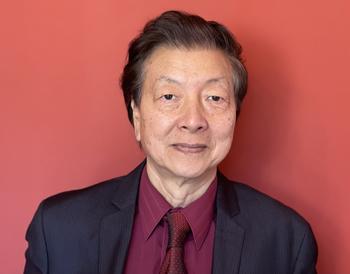Prof. Dr. Xin Zhang

Fellow in the project "Conceptions of World Order and Their Social Carrier Groups“ (Fall 2025)
Short Biography
Zhang Xin's expertise is in Chinese urban and rural history, specializing in the theoretical interpretation of local changes due to globalization and social transformation in the late Qing and modern periods.
Books
- The Global in the Local: A Century of War, Commerce, and Technology in China (Cambridge: Harvard University Press, 2023).
- Social Transformation in Modern China: The State and Local Elites in Henan, 1900-1937 (Cambridge: Cambridge University Press, 2000).
- 二十世纪中国社会之演变 (Social Transformation in Modern China). Beijing: Zhonghua Shuju, 2004.
- 全球变迁与镇江:近代中国的战争,商业,与技术 (Global Changes and Zhenjiang: Modern China’s War, Commerce, and Technology). Taipei: Taiwan University Press, 2024.
- 磨合:近代镇江全球化之旅 (Negotiating Modernity: Zhenjiang’s Modernization Journey in the Modern Age). Beijing: Zhonghua Book Company, 2025.
Selected Articles
- “What is the Global?” Chinese Historical Review (Routledge), 29:2, 71-94.
- “Changing Concepts of the Opium War as History and Experience.” Frontiers of History in China 13, no. 1 (2018): 28-46.
- “Discovering Chinese Science and Technology: A Critical Review.” Asian Review of World Histories (Brill), 37-61.
- “Chinese Shipbuilding: An Overview.” Asian Review of World Histories (Brill), 130-152.
Project
Mutual Constitutions: Global and Local Interactions in Twentieth-Century ChinaThis research project examines the dynamic interplay between global forces—such as imperialism, world wars, international communism, and economic globalization—and local developments in China throughout the twentieth century. By analyzing key historical junctures, including the fall of the Qing dynasty, the Republican era, the rise of the People's Republic, and post-Mao reforms, it explores how external influences reshaped domestic politics, society, culture, and economy, while local agency, traditions, and resistances in turn adapted or challenged these global impulses. Drawing on archival sources, oral histories, and comparative frameworks, the study highlights the mutual constitution of global and local scales in shaping modern China's trajectory.
